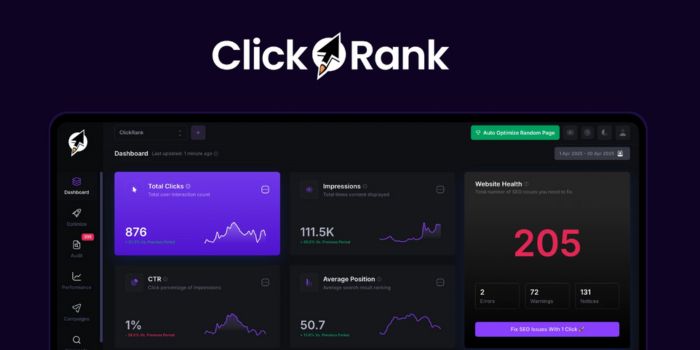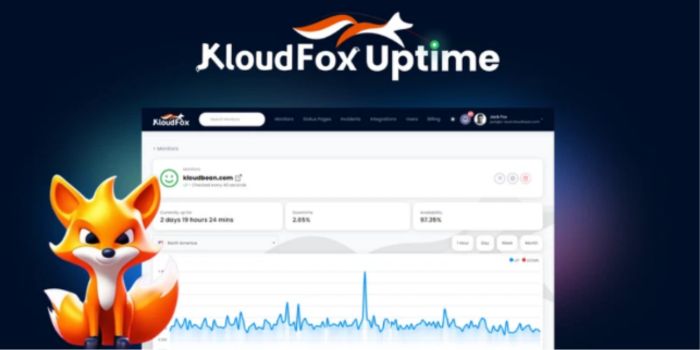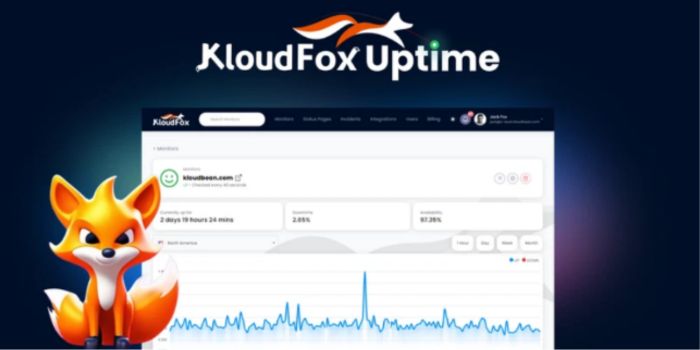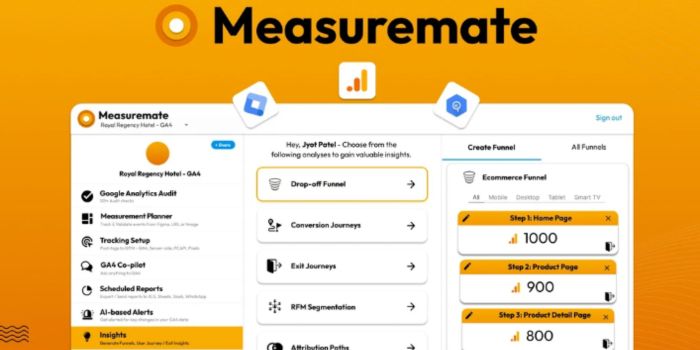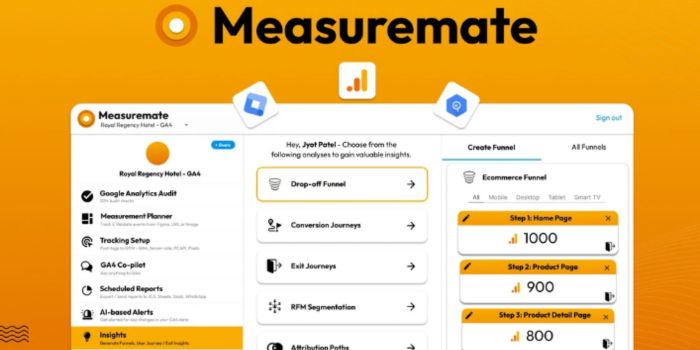ClickRank Lifetime Deal The Ultimate SEO Tool for Marketers
Spread the loveIf you’re serious about improving your website’s search engine rankings, you’re probably familiar with the importance of using powerful SEO tools. Among these tools, ClickRank is an excellent choice for digital marketers looking to increase their online presence. And right now, a fantastic ClickRank Lifetime Deal gives you lifetime access to the platform for a … Read more

